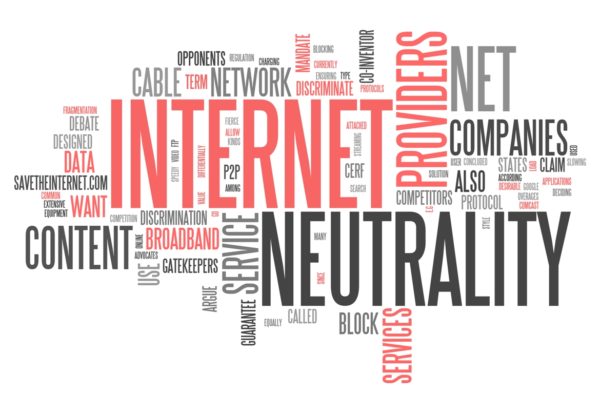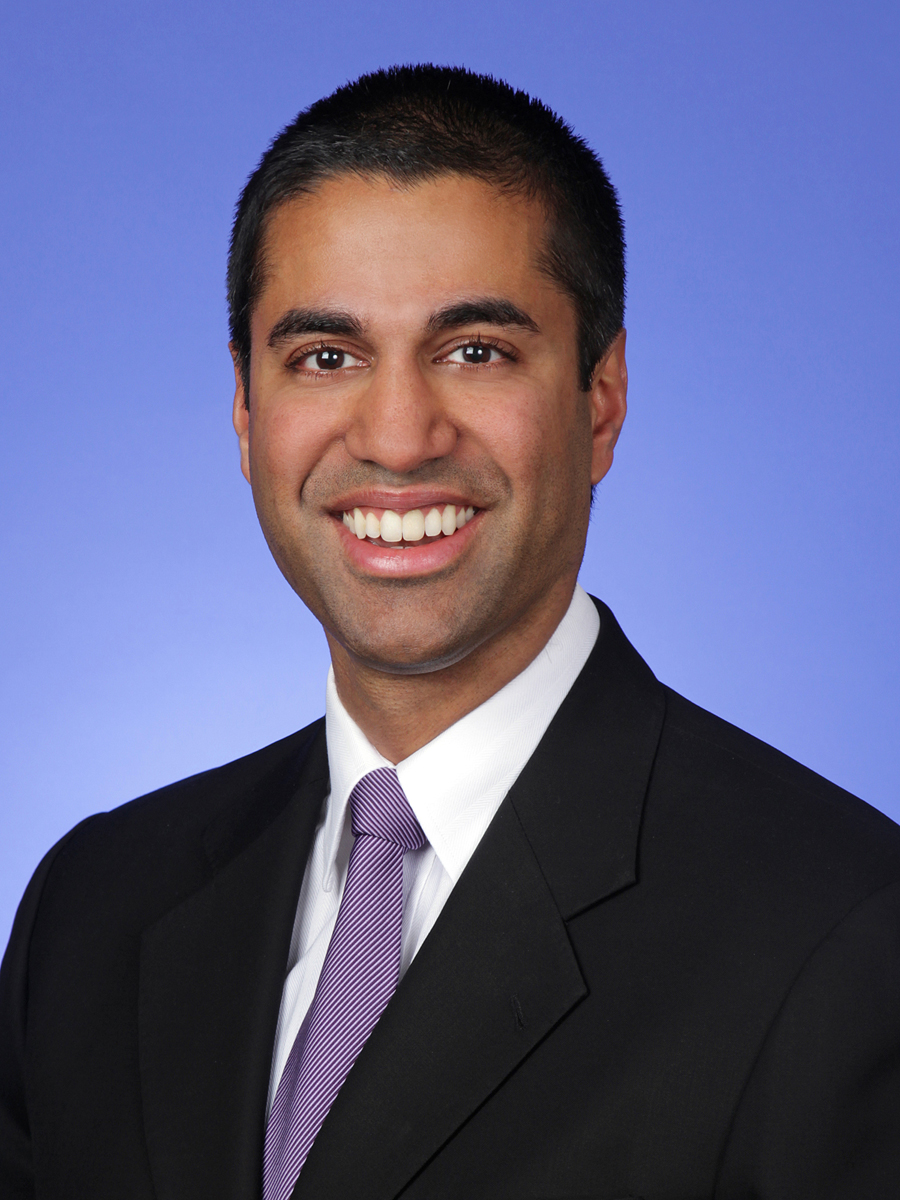 The FCC voted along party lines to end the Obama administration’s rules on net neutrality. This war for a free and open Internet has been going on for some time. This is just the latest battle. This decision is by no means the end of it. But what is happening and what does it mean for Black Internet users?
The FCC voted along party lines to end the Obama administration’s rules on net neutrality. This war for a free and open Internet has been going on for some time. This is just the latest battle. This decision is by no means the end of it. But what is happening and what does it mean for Black Internet users?
What is net neutrality?
Net neutrality is the idea that all data carried over the Internet is treated the same. That means that whether you’re streaming Netflix, shopping online, playing games or just reading the news, all the data is the same. Same speed and same price. For users of the Internet that meant that you could access any website and use as much data as you wanted. Before the change Internet service providers or ISPs like Comcast or Verizon could not deliberately speed up or slow down Internet traffic from specific websites or apps. But they did. The practice was known as throttling. The net neutrality rules, put in place by the Obama administration in 2015, were intended to keep the Internet open and fair. If you really want to understand how this works imagine sitting in traffic while those willing to pay whiz by you in the express lane. That is the basic idea behind the new rules of the Internet.
How does that affect Black people?
People using the Internet, schools, small businesses and others are now subject to a potential new way of using the Internet and paying for it. You could be charged for high-speed streaming like Netflix. You could also be charged more for using data from some websites or apps over others. The rules used to say that ISPs could not favor one website over another for its content, the aptly named fast lane/slow lane Internet. Those rules just went out the window. Expect more throttling and slower web speeds and loading. Businesses with numerous computers and heavy data consumption could end up paying more. Start up businesses, especially minority owned, could be stifled by high data costs. According to MIT the repeal of net neutrality could be harmful to innovation. The exact opposite of what FCC chairman Ajit Pai claims.
Where this hurts black people, other minorities and the poor, is that just getting Internet could be costly. Already we are dealing with a lack of high speed Internet in poor and minority schools. As matter of fact the United States is already behind in both wireless and fixed wire Internet speeds.
Poor and minority children are already dealing with poor public education. That situation could be further eroded further by a lack of adequate access to the Internet. Classroom instruction will suffer as they fall further behind more affluent school districts. The digital divide is going to grow along with an under-educated under-class that is the source of poverty.
In some cities high speed Internet is nearly non-existent. Detroit for example is one of the worst cities in the country for high speed Internet especially for poor people. Repealing net neutrality is not going to help this situation.
Black people are avid users of mobile technology. The use of mobile devices could become more expensive. Shopping online, banking and other online activities could be slowed down or throttled. Another area of concern for black people is social and political activism. A free and open Internet meant that no matter who you are you could get your message to the masses. These new rules could make it expensive for, or even censor, groups like #Black Lives Matter. Many believe that the Internet is key to free speech and the right of the public to know.
Who is benefitting from this rule change?

FCC Chairman Ajit Pai
Most people would agree that the telecom companies are benefitting the most from this rule change. FCC Chairman Pai, an Obama appointment and promoted to chairman by Trump, has claimed that the new rules will not affect a free and open and Internet. Pai has been a critic of the net neutrality rules and believes that the rules of the Obama administration allowed the government to “micro-manage the Internet.”
The telecom industry approves of Pai’s plan. Pai argued that earlier regulation was a drag on broadband investment and innovation. In a blog post, Comcast downplayed concerns, saying customers “will continue to enjoy all of the benefits of an open Internet today, tomorrow, and in the future. Period.” Yet at the same time it appears that Comcast is already planning to charge you for more Internet speed.
According to the Los Angeles Times several companies have also been preparing for this moment for some time and the profits of priority handling of Internet content. These companies will not say what they consider a free and open Internet is nor will they promise to treat all data the same. Basically they are keeping quiet.
Telecommunications companies like AT&T, Charter Communications and Comcast have run full page ads in the Washington Post claiming to preserve an “open Internet.” These practices supposedly include “no blocking of legal content,” “not throttling” data speeds and “no unfair discrimination.” They never said you wouldn’t have to pay for it.
Another winner of the repeal are the big content providers. Netflix, Google and other large content providers also have the money and the leverage of millions of subscribers to negotiate deals with ISPs. This would allow them access to the Internet fast lanes and potentially get a competitive advantage. Any deal that Netflix, Google or YouTube cuts with the ISPs could mean a price increase for the consumer. You lose.
Supporters of net neutrality believe that consumers could be charged extra to stream certain content if they don’t want to be hampered by network congestion or throttling. Others are warning that consumer choices of Internet service providers could shrink and prices of broadband service could increase due to lack of competition.
 What is actually happening is that the FCC, under the Trump administration, has declared that information is free. Access to it is not. The Internet, until now, was regulated as a utility. This brings that to an end. Now the Internet belongs to private industry and they are willing to make you pay for access because that is what they do. They couldn’t care less about your business needs, your child’s education or your need to know…period. They have the capability to keep the ignorant ignorant, the poor poor and the the competition from competing.. They can slow down information or cut it off completely if you don’t pay. Corporations have scored a victory but the war is far from over.
What is actually happening is that the FCC, under the Trump administration, has declared that information is free. Access to it is not. The Internet, until now, was regulated as a utility. This brings that to an end. Now the Internet belongs to private industry and they are willing to make you pay for access because that is what they do. They couldn’t care less about your business needs, your child’s education or your need to know…period. They have the capability to keep the ignorant ignorant, the poor poor and the the competition from competing.. They can slow down information or cut it off completely if you don’t pay. Corporations have scored a victory but the war is far from over.
Next: The Net Neutrality War is Not Over!
